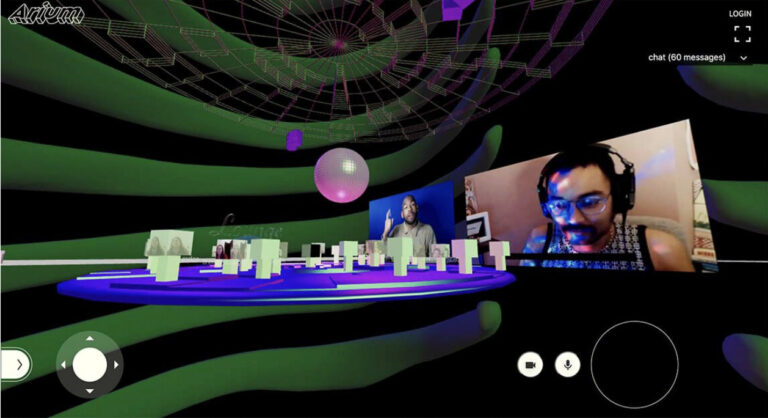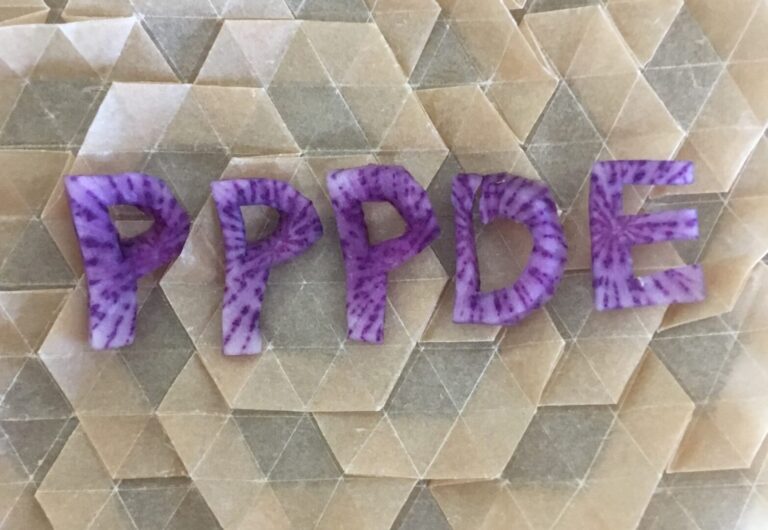Remote Access is a disability nightlife event informed by disability history, technology, and artistry. At the start of the COVID-19 pandemic, a collective of disabled artists and designers created an event to showcase how disabled people often participate in social life from our homes and beds. This contribution offers a living archive of the party and its evolution, as the planners created protocols for collective access through methodologies such as participatory audio description and live description of musical sound. We discuss how each new event offered opportunities for designing new practices based on disabled knowledge and expertise. As a result, the series of Remote Access nightlife parties became an ongoing opportunity to develop iterative accessibility protocols and community standards for remote/digital participation.
Keyword: Zoom
Personal Protective Purple Daikon Equipment: A Handbook (and an Autistic Manifesto)
During the Spring semester 2020, I took an art class at the Rhode Island School of Design. “Personal Protective Purple Daikon Equipment: A Handbook” was my final project for the class. Part zine, part Zoom performance experiment, part autistic meltdown, the project bears witness to my anger, isolation and fear during the lockdown. It is both a commentary on academia and the constant demand to “make use” of every experience—to continue academic life as usual even during a pandemic that saw so many disabled people die—as well as a handbook for making one’s own Personal Protective Purple Daikon Equipment (PPPDE) at home and an absurdist manifesto. As a research-creation project, the Personal Protective Purple Daikon Equipment offers a snapshot of a moment in (crip) time, that of the first state-sanctioned lockdown and of the early days of the pandemic.
Coronavirus Pedagogy in the Zoomscape: Pinhole Intimacy Culture Meets Conscientization
The COVID-19 pandemic emptied universities, colleges, and schools across the United States in March 2020, forcing instructors into an unavoidable culture in which a networked commercial technology mediated teaching and learning. In the tradition of critical pedagogy, this article argues that students and instructors alike engaged through the artificial lenses and screens of Zoom. The “pinhole intimacy” of the Zoomscape is assessed using conscientization, the concept offered by the Brazilian educator Paulo Freire, to describe most pedagogy as an oppressive apparatus that can be overcome with direct engagement between students and instructors. In such an opticentric context, the Zoomosphere’s intimacy is used to explore how the emancipation proposed by conscientization might be applied to the culture of pedagogy in a college with a diverse student population, including pedagogical interventions to address the challenges associated with teaching Division I athletes. The context of a large communication department at Boston College provides the empirical foundation for the exploration of coronavirus pedagogy.


